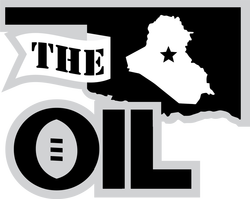 The 2016 season was the 11th year of The OIL. Fresh off an amazing 2015 season that began with a draft at AT&T Stadium, the league decided to "do it big" once again. But, first, there was some housekeeping to take care of. It was clear during the 2015 season that PFC manager and former First Platooner Jon Gomez didn't care about being in the league. Cliburn started brainstorming replacements shortly after the 2015 season in case Gomez chose not to return. And that's what happened. Hodge Joins the FoldCLIBURN: Gomez had essentially done me a favor by joining in 2015 to fill out the newly-created PFC. But he didn't know anything about fantasy football and didn't care. He never participated in the league chatter, and he wasn't upset when I asked if he was okay with leaving the league. So the next question was who to take his place. LEAL: I know I suggested we ask Hodge, but I don't remember exactly what the conversation was. When he agreed and Brick asked what his team name would be, I suggested Red Ball Express (seeing that Hodge was 158 supply). The Red Ball Express was a famous supply convoy that ran during WWII. CLIBURN: I loved the idea. I reached out to Hodge to see if he'd be interested and if he'd take that team name. He agreed, and our empty spot was filled. HODGE: I hadn't played fantasy football before, but I liked the idea of getting back in touch with some of the 158 guys. I didn't have a team idea in mind, so Leal's Red Ball Express idea seemed like a good one to me. Draft WeekendCLIBURN: I knew after the reunion weekend and draft party of 2015 that I couldn't revert to the league spending a few hours a Buffalo Wild Wings for draft day. Before the 2015 draft weekend was over, Zerger, Jessen, and multiple others were suggesting a cabin for 2016.
ZERGER: It was at the draft at AT&T Stadium (or the bus ride back) that we started talking about the next year's draft. I can't remember who suggested it first, but Jessen and I both asked Cliburn what he thought of a cabin in 2016. CLIBURN: I was skeptical at first. My idea of a cabin was a small building out in the middle of nowhere. But then I started researching cabins, and, holy shit, did cabins get fancy! I found a lot of options for cabins that slept a dozen or so people with nice accommodations, but very few offered wi-fi . . . which we'd need for the draft. JESSEN: I suggested one I knew about near Comanche, but Brick said it was too small. CLIBURN: Then I found HomeAway.com and came across the listing for the Roberts Retreat Lodge. It was on a private lake, slept 32, and it wasn't four hours away like the runners-up in Broken Bow (which slept 15 or fewer).
0 Comments
The Fifth Volume of the Book of OIL is now available in both hardcover and softcover. Because these are printed on-demand, they are more expensive than the typical book you would find at a store. I assure you the price is not inflated; the OIL will never make money off these books (especially when you tally the 100s of hours I spent compiling it). You can find each volume of the Book of OIL in paperback and Kindle on Amazon. Here's what you can expect in Volume Five: Volume Five covers the events of 2015, the 10th season of the OklahomIraqis League. It marked a decade of camaraderie and competition, including a SECFOR reunion, league expansion, and a draft party at the Dallas Cowboys' AT&T Stadium. As such, it deserved a Book of OIL volume all its own. This is the 10th installment in our ongoing oral history project. You can read previous chapters here. After final proofing and editing, it will be published in The Book of OIL: Volume Five (2015). Look for it on Amazon. Celebrating 10 Seasons 2015 marked the 10th season of the OklahomIraqis League. It was special, and, behind the scenes, Cliburn had been thinking about it for years. CLIBURN: Every summer, I reach out to guys asking where they'd like to have the draft party. In 2012, I text Pyle about it and mentioned our 10-year draft. PYLE: I gave him my opinion about the 2012 draft, but I reminded him that we needed to do something big for the 10th season.  CLIBURN: So I was brainstorming ideas for quite a while. PYLE: The thought of a SECFOR reunion had briefly crossed my mind a couple of time before celebrating Killman's life, but when a large number of us gathered to celebrate Killman's life, reality set in that we need to be reuniting on a regular basis. Once again the OIL served its original purpose of providing a means of bringing everyone together. DUFFY: I think everyone realized the need to get the band together after SECFOR brothers Joseph Killman and Michael Tenequer passed away. CLIBURN: True. After the tragedy of Killman's and Tenequer's deaths, my thoughts turned from having the best draft party to having the best reunion. DUFFY: And, since expanding by 14 teams in 2014 had turned out well, Cliburn wanted to expand again. Volume Four of the Book of OIL is now available in paperback and hardcover. It starts with the tumultuous 2013 season, when deadly tornadoes destroyed one OILer's home and two brothers-in-arms were killed. It then covers the OIL's expansion, the loss of another SECFOR brother, and the very first Liberty Bowl. The book is 246 pages long and retails for $34.99 in paperback or $56.00 in hardcover. All four volumes are available on Amazon, so be sure to put them on your Wish List.
You can now purchase the oral history of the first three seasons of the OIL. In its 322 pages, the Book of OIL: Volume One covers our year in Iraq and the 2006, 2007, and 2008 seasons of our incredible league. It is pricey, but such is life in the self-published, print-on-demand world the Book of OIL occupies. For the softcover version, the minimum price Amazon would list the book is about $38, and we're selling it for only $39.99. If you'd like to purchase it in hardcover, it will run $69.99 at Blurb. And it's available on Amazon Kindle for $4.99.
This is the ninth installment in our ongoing oral history project. You can read previous chapters here. 2014 was a big year. Alpha and Bravo Battery deployed again, this time to Afghanistan. The OIL joined the Yardbarker Network. Two longtime rivals chronicled their rivalry in an oral history. The league, fresh off losing a SECFOR brother, added 14 new teams as the league moved to a conference model. Cliburn spearheaded an oral history project to document the year in Iraq the men shared, and the men lost another brother-in-arms. The OIL Heads to AfghanistanROGERS: This was my fifth season in the OIL, but it was my first deployment. I was in the 158 before their 2006 deployment and re-joined later. I wasn't sure how well I'd do competing from overseas, but I knew everyone else in the league had done it at some point. ZERGER: This was my first year in the league and my first and only time in Afghanistan (although I'd been to Iraq twice). It brought back a lot of memories seeing familiar names that I hadn't necessarily forgotten but hadn't talked to in a while. I do believe that systems such as our league keep veterans in touch and might help some of our brothers reach out if they need help or something. Chronicling a RivalryThis is the eighth installment in our ongoing oral history project. You can read previous chapters here. A lot happened in 2013. One OILer lost his house in the Moore tornado that gained worldwide attention. Two brothers-in-arms died. Four managers had children born. There were trips to Lambeau Field and Cowboys Stadium. A new champion was crowned. And one of the OIL's own became "Top." The TornadoesIn May, two-time OIL champion Jack Bruesch lost his house in the Moore tornado. Fortunately, he and his family were uninjured, and OIL members and more came together to help in any way we could. CLIBURN: On a lighter note, it's a good thing I won the OIL and DBFA trophies back from Bruesch in 2012. Otherwise, those trophies would have been lost in the tornado rubble. BRUESCH: I guess that's one silver lining of the whole thing. CLIBURN: We can joke about it now, but I was really worried about Bruesch on the day of the tornadoes. I couldn't get ahold of him, and I knew his house was in the path. Thankfully no one in his family was seriously injured though. Losing One of Our OwnOn a more somber note, 2013 was also the year the OIL buried friends and brothers-in-arms. 1LT Brandon Landrum died in May from an IED explosion in Afghanistan. Members of the OIL knew him as SPC Landrum. CLIBURN: Landrum was a medic and spent 2008 in Iraq with the 158. He went to the same high school and college as me, although we were in different classes. He had transferred to active duty as a commissioned officer when he died.
DUFFY: He trained with me at a "war fighter" exercise when he was still with the 158. CLIBURN: I just remember how much he made us laugh at Camp Gruber. He'll be missed. This is the seventh installment in our ongoing oral history project. You can read previous chapters here. The period from the 2011 OIL Bowl to the 2012 season may have been the quietest in OIL history. With no one in Iraq, Afghanistan, or Walter Reed, the commissioner's only concern was getting the draft planned. The DraftThe 2012 draft was scheduled to be the third in a row conducted at Buffalo Wild Wings in Lawton. But their Internet wasn't working so, with just minutes until the start of the first round, the men loaded up and drove to The Hog Pin bowling alley and sports bar instead.
CLIBURN: Once we realized we weren't going to be able to draft at B-Dub's, my wife told us to go ahead and go; she'd take care of the tab. We jumped in Josh's truck and made to The Hog Pin just in time. JESSEN: There wasn't the same atmosphere at that draft. There weren't as many guys who could make it to the live draft location, including Duffy. CLIBURN: Duffy was going into his second year of living in his family's home state of Wisconsin. It didn't feel right not having him with us. DUFFY: I had two drafts that day: my OIL draft, and I was working on the Norse draft at my brother's house. I was distracted and trying to do too many things at once. It was a beautiful day here in Wisconsin, and we were outside with laptops and beers. It was a very cool setup, complete with a bonfire and a TV on the deck. BRUESCH: I remember going back and forth between Aaron Rodgers and Arian Foster up until the day of the draft. Adrian Peterson was my favorite player but he was coming off ACL surgery. CLIBURN: There were many text messages back and forth preceding the draft debating which one to take. I did the math based on projected points and found Bruesch's projected points were higher if he went Arian Foster. But, with Foster's injury risk, choosing Rodgers was a safer pick. BRUESCH: And I went with the safer pick. I couldn't risk my number one pick missing a good chunk of the season. DUFFY: Cliburn and I did a lot of mock drafts together at Fantasy Football Calculator.com that summer. So I felt like I had a good idea what he would do at 1.13, but then he chose Sproles. CLIBURN: I did the math and knew Sproles was my best bet in the first, but I didn't want to tip my hand. So I never chose Sproles in any mock draft leading up to the draft so no one (including Duffy) would know how much I valued him. DUFFY: The story of the 2012 draft though was Adrian Peterson. CLIBURN: Remember, Peterson had torn his ACL late in the 2013 season, and no one thought he'd be the same for the first few games of 2012. That's why I chose Ryan Mathews in the second round over Peterson. COBB: I still can't believe a league full of Sooner fan let me choose Peterson at 2.10. This is the sixth installment in our ongoing oral history project. You can read previous chapters here.  Heading into the 2011 season, the NFL lockout cast a pall over the OIL. No one knew if the labor dispute would be resolved in time for fantasy football leagues to salvage the season. But this was the OIL; it had faced worse. Newly-added Yancy Baldwin (who was on the 2006 SECFOR mission and 2008 Ramadi mission) was in Iraq again, so the lockout was the least of our concerns. We'd all been there,some of us more than once. And we'd all known Schuster before he spent months in Walter Reed. That always kept things in perspective. Everyone hoped for the best and made plans for the season. Fortunately, the lockout was resolved, and year six of the OIL went off without a hitch. CLIBURN: Duffy upped the rivalry ante in April by publicly calling me out. DUFFY: And I was committed. I let Cliburn know I wasn't going to let him relax one bit. The Hangovers hated the Arrogant Americans. That extended to our respective Facebook pages. CLIBURN: Then, shortly after Duffy's taunting, I made our rivalry official. While I was at it, I recognized all the rivalries that had developed over the years. From that point on, week 13 would be Rivalry Week.
This is the fifth installment in our ongoing oral history project. You can read previous chapters here. The 2010 season was relatively peaceful. Unlike 2006 and 2008, no one was deployed to Iraq or Afghanistan. Unlike the 2007 and 2009 seasons, no one had just returned from deployment. And, unlike 2009, no one was in Walter Reed this time. It was also the first season after establishing the website in March 2010. But the OIL didn't stop there. They started a weekly podcast to discuss all things football. They made the DBFA a reality. They replaced a successful OIL manager. And they took the next step by ordering a traveling trophy. Buying Some HardwareThe league really evolved after the 2009 season, and the commissioner wanted a way to reflect that. So he scoured the Internet for traveling trophies and found SculptureAlley.net. CLIBURN: But I had a dilemma: should we order a new trophy each season or should we buy a traveling trophy? I knew what I wanted, but I put it to a league vote anyway. Fortunately, the league wanted what I wanted: a single, traveling trophy.
DUFFY: That's what I voted for. |
January 2024
All
|
The OklahomIraqis League
|
|















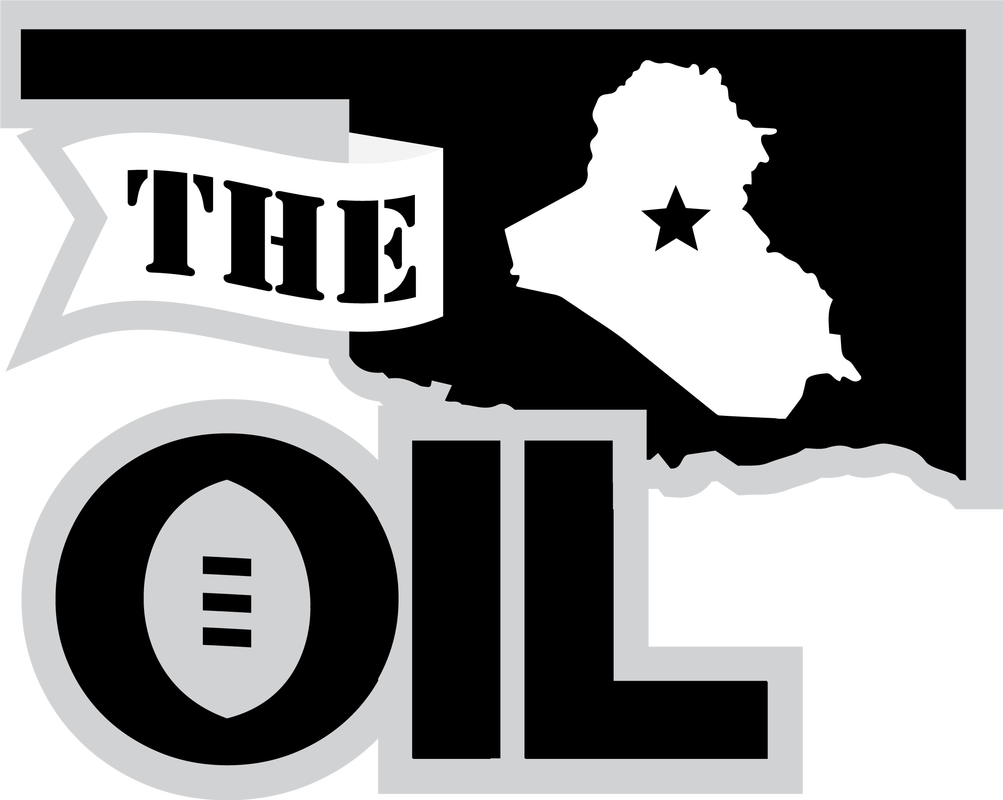





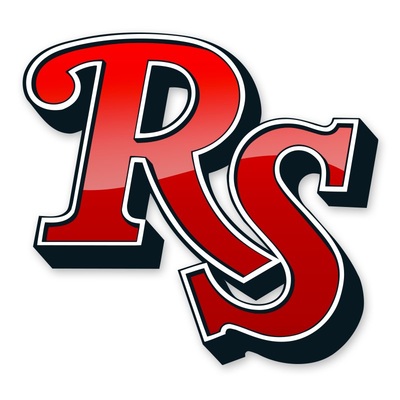




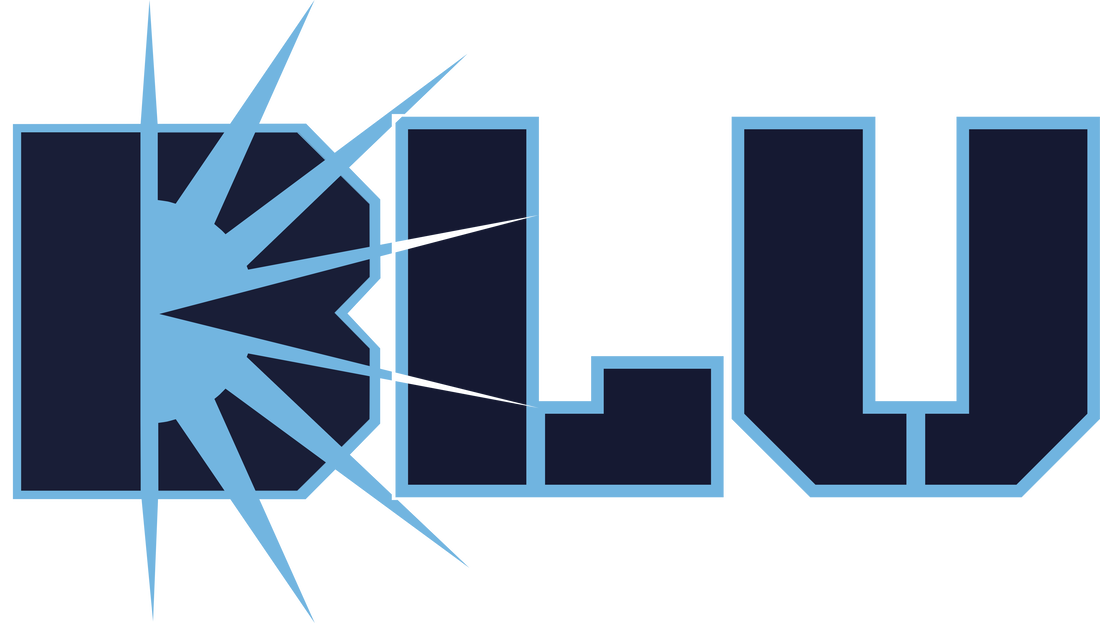

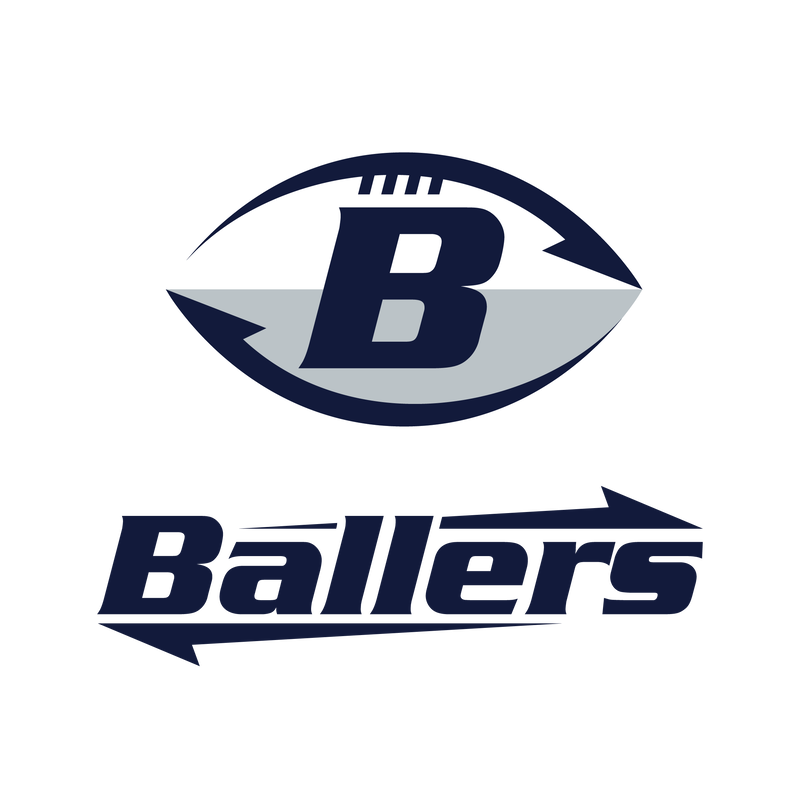
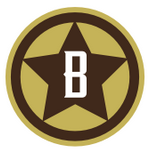
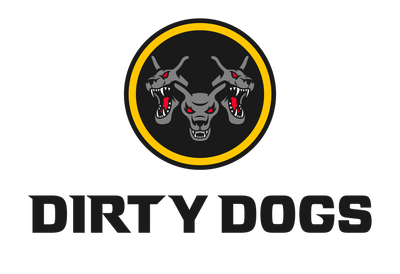
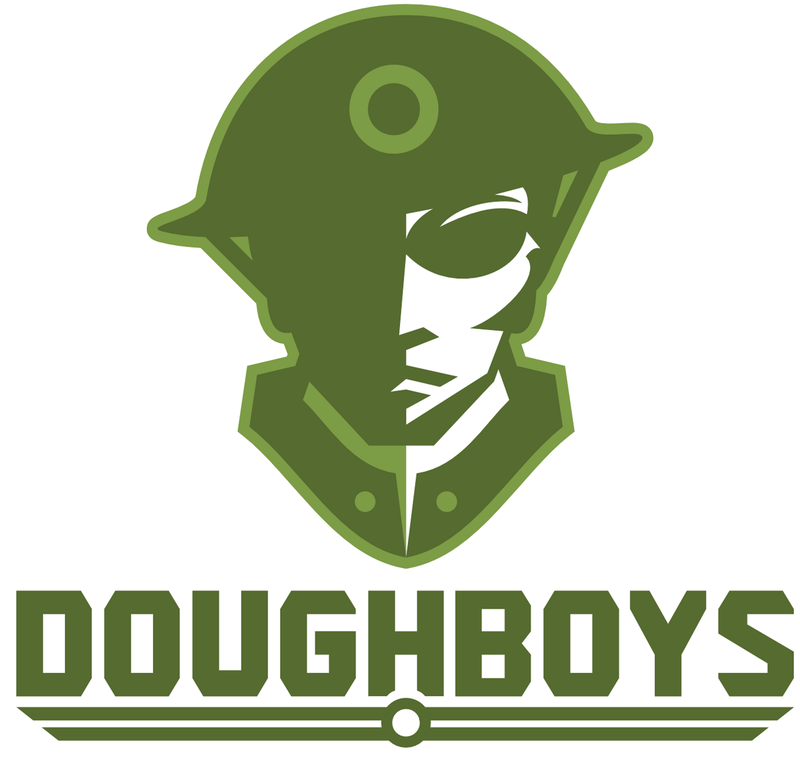
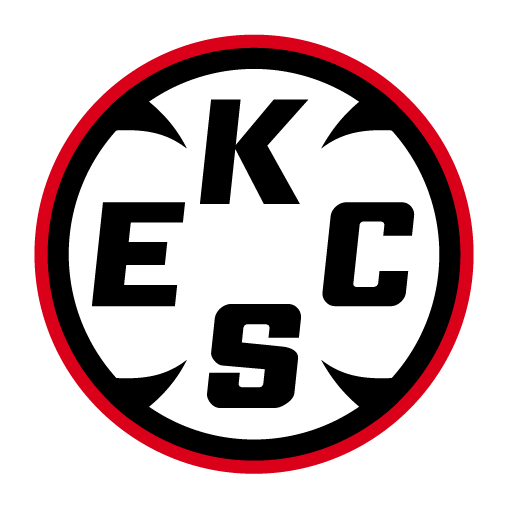
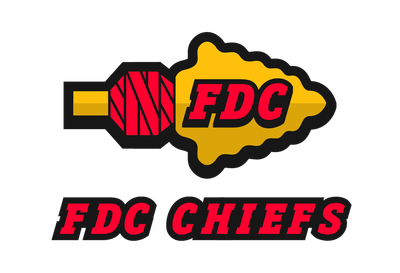
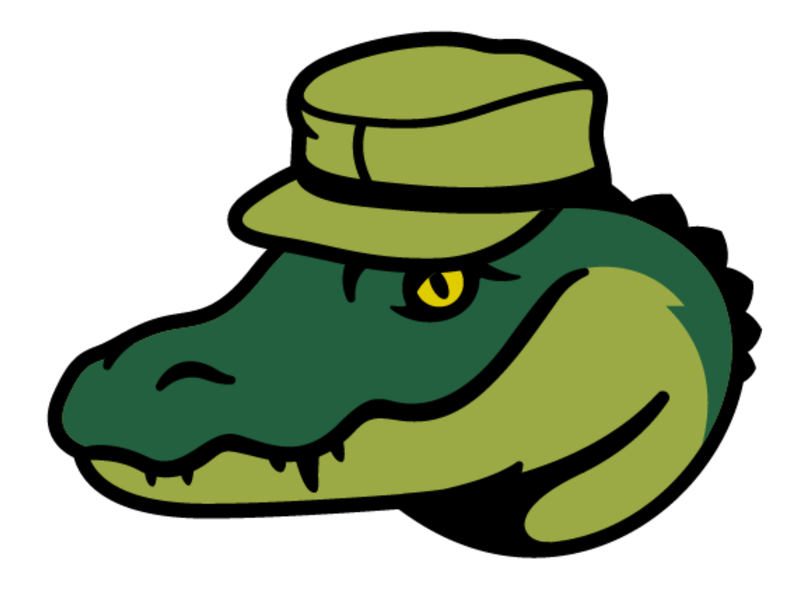
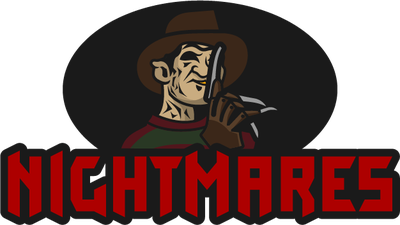
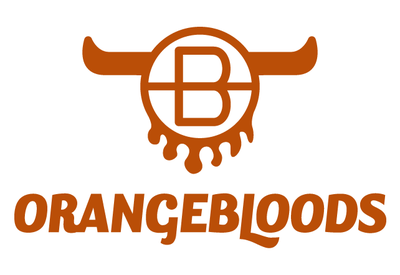
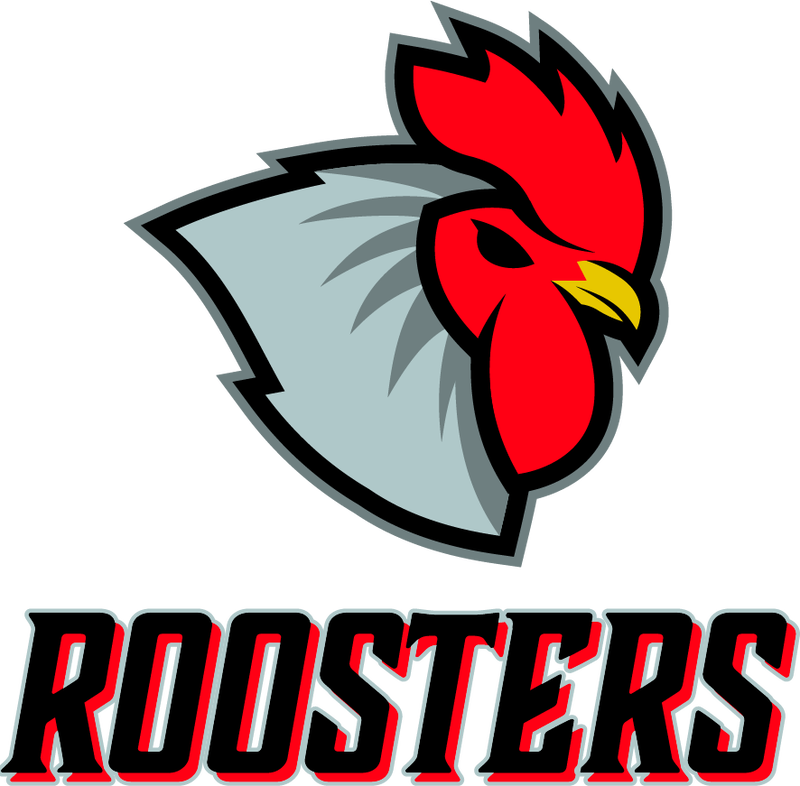
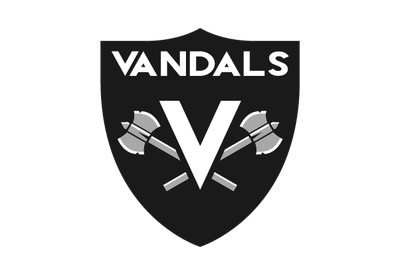
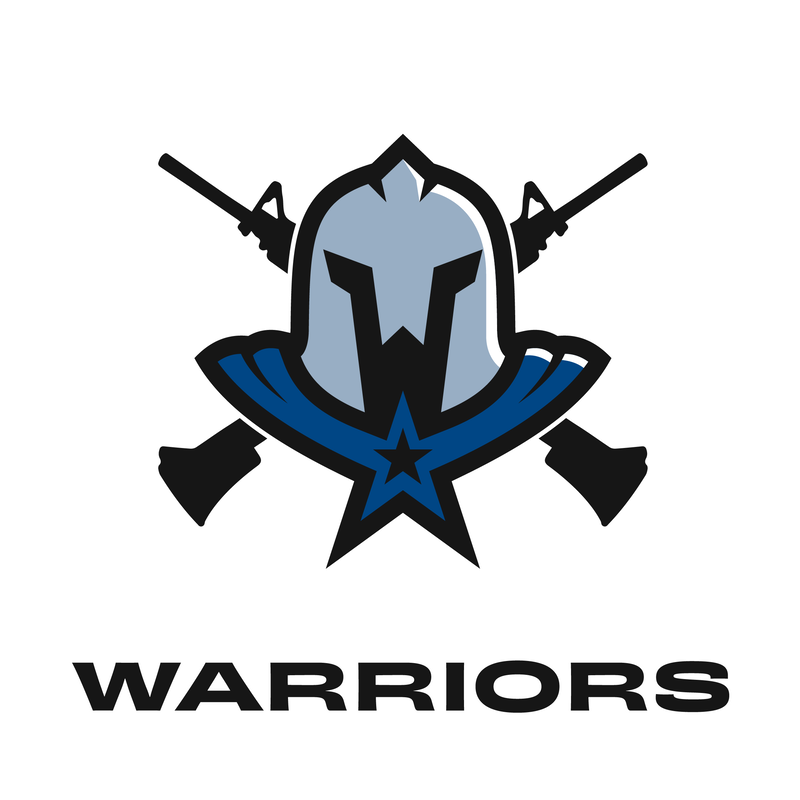
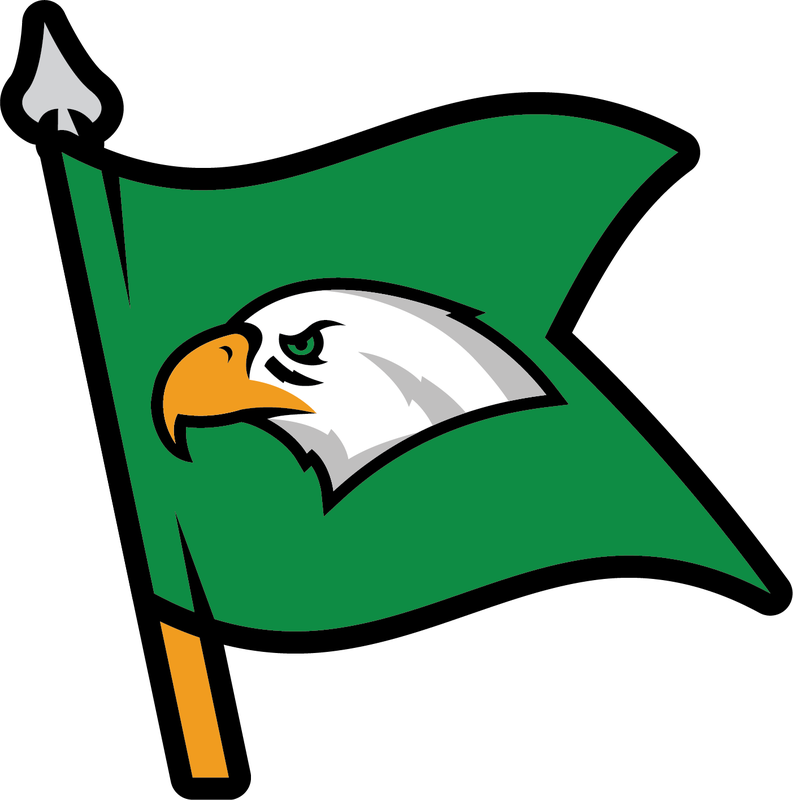
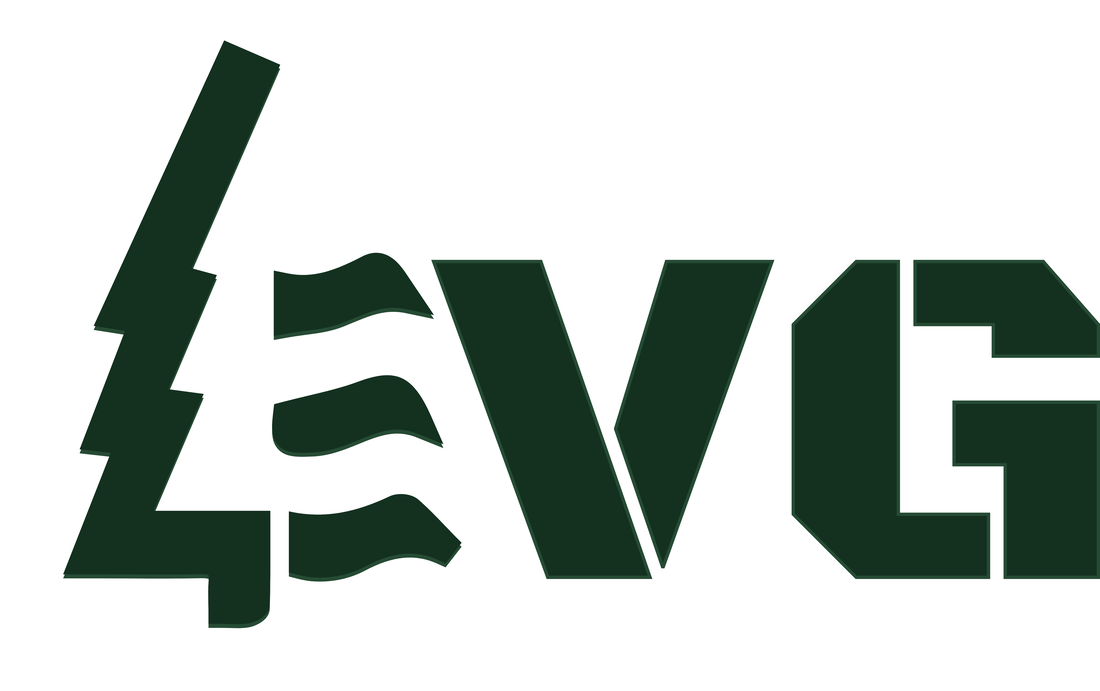

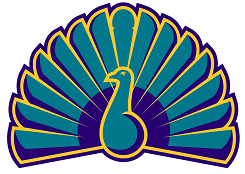
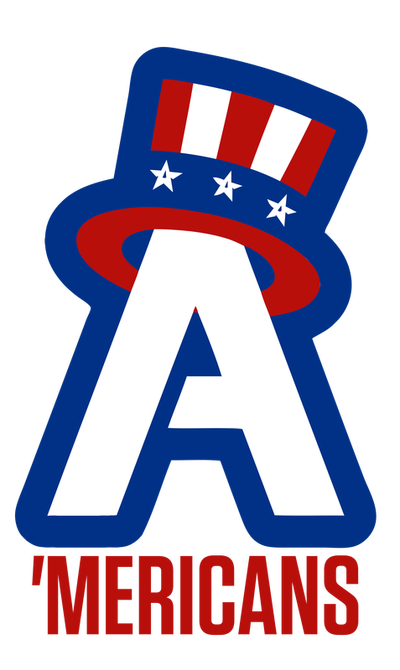
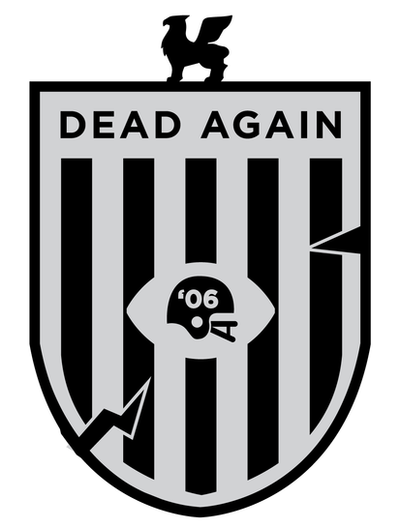
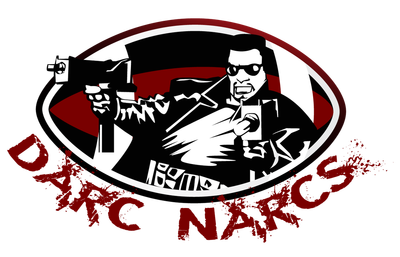
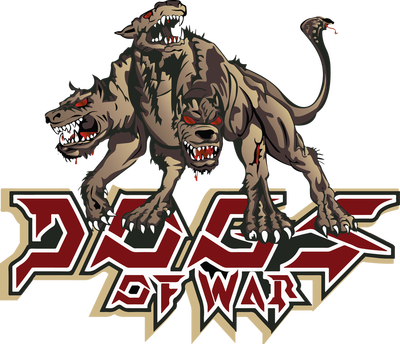
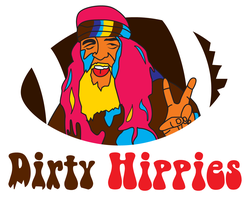
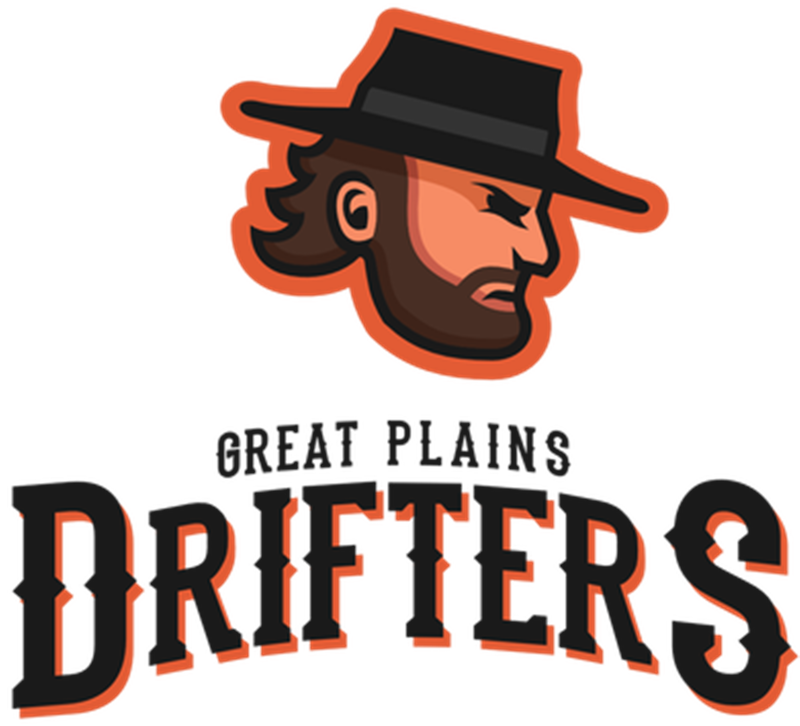
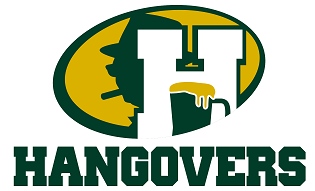
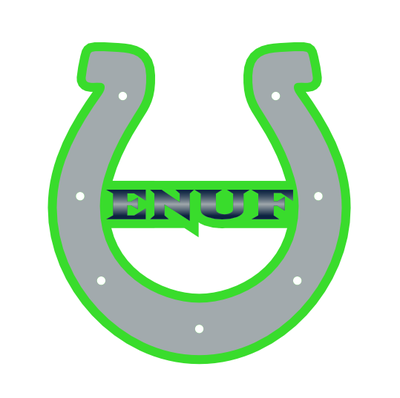
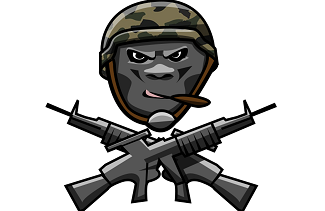
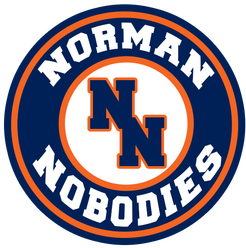
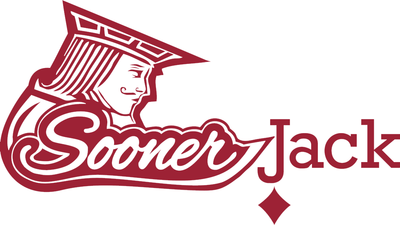
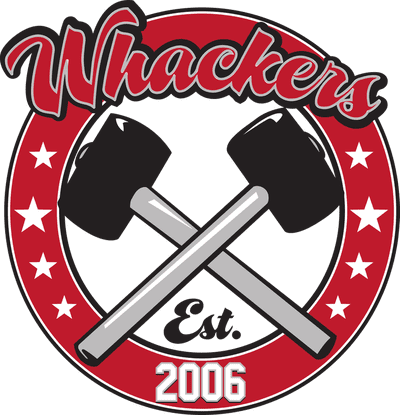
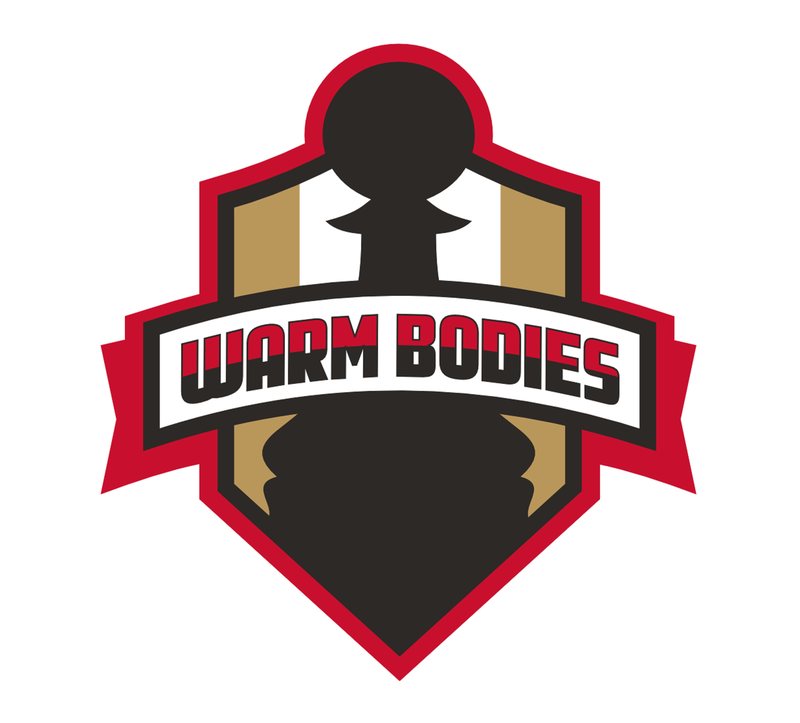


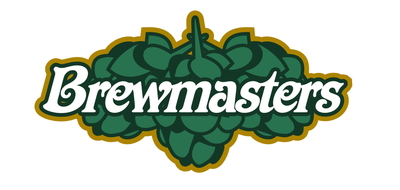
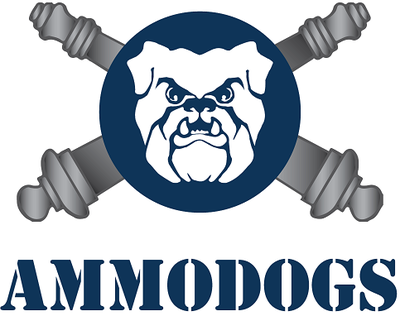
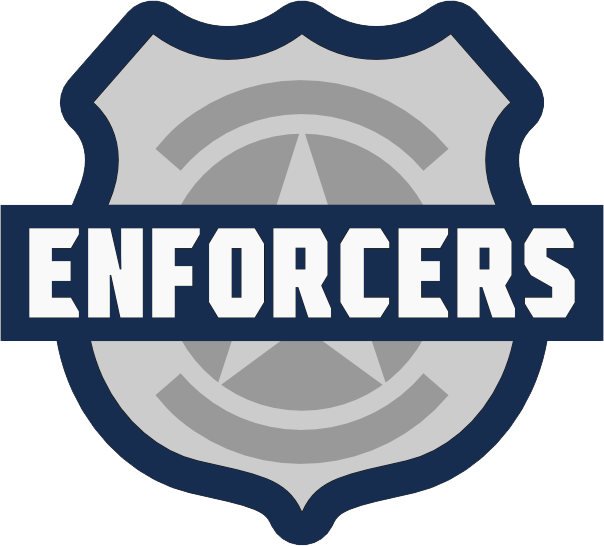
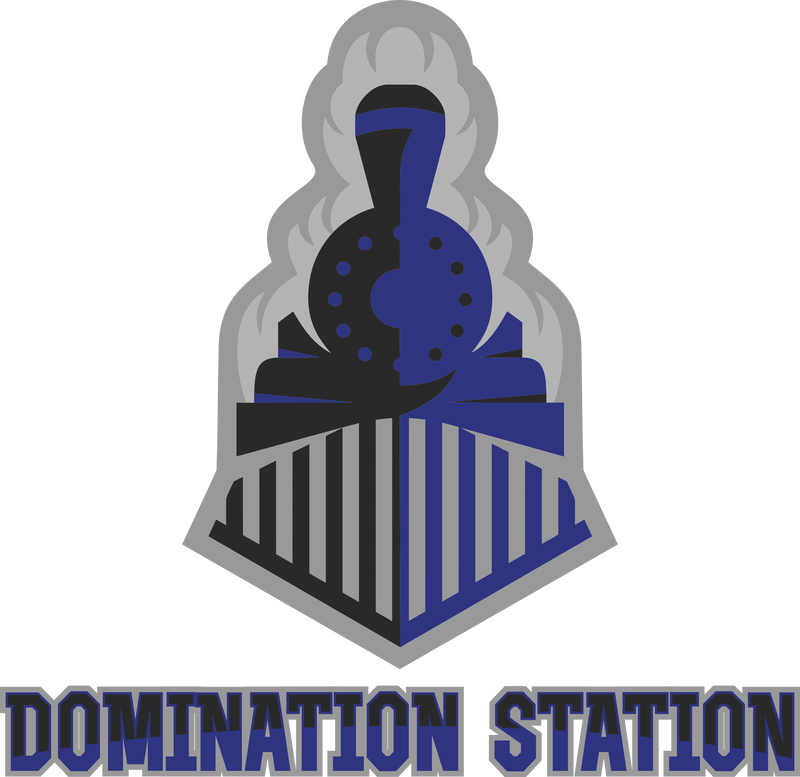
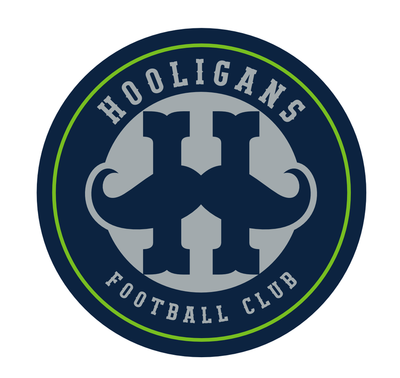
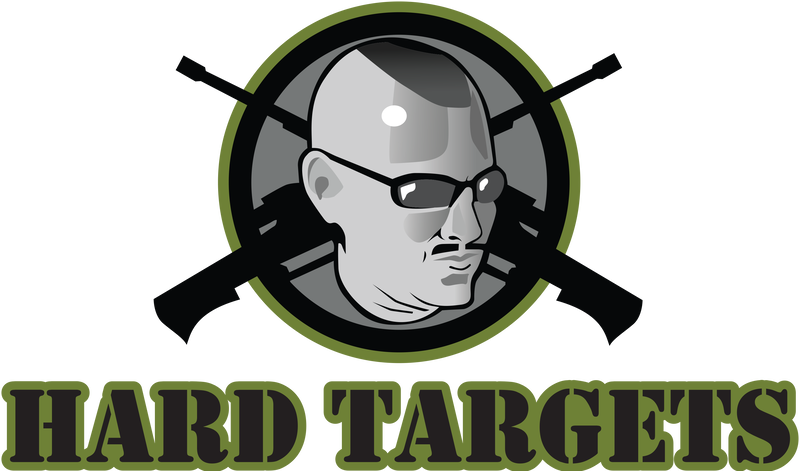
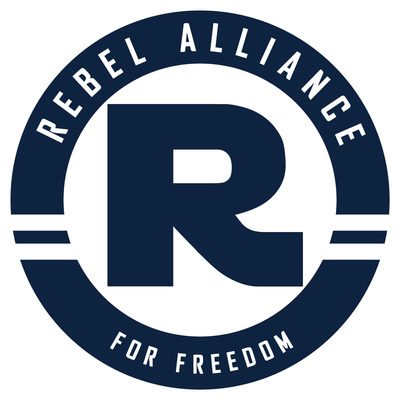

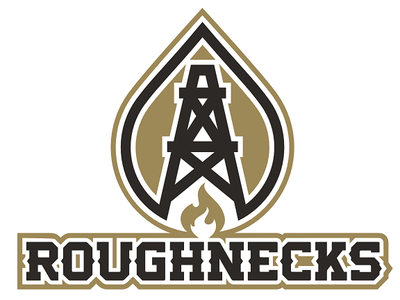
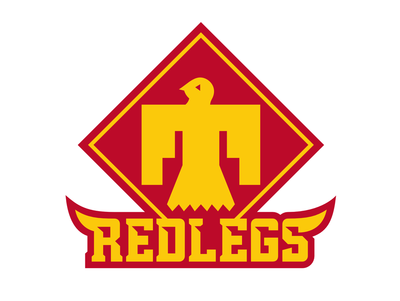
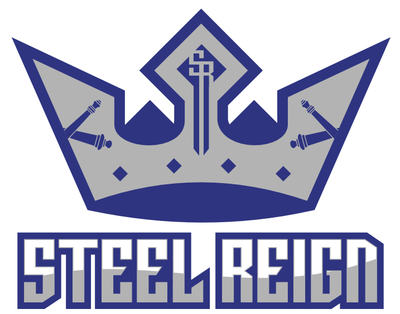

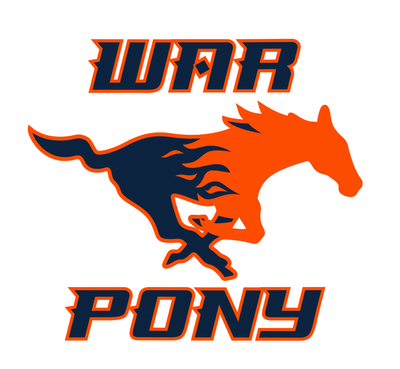


 RSS Feed
RSS Feed
